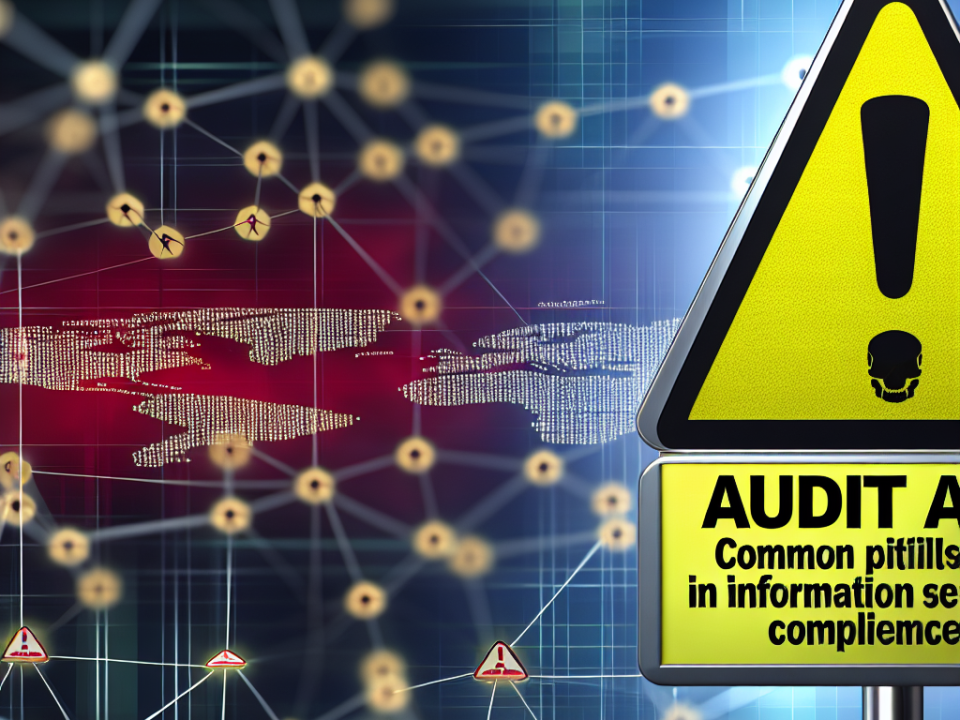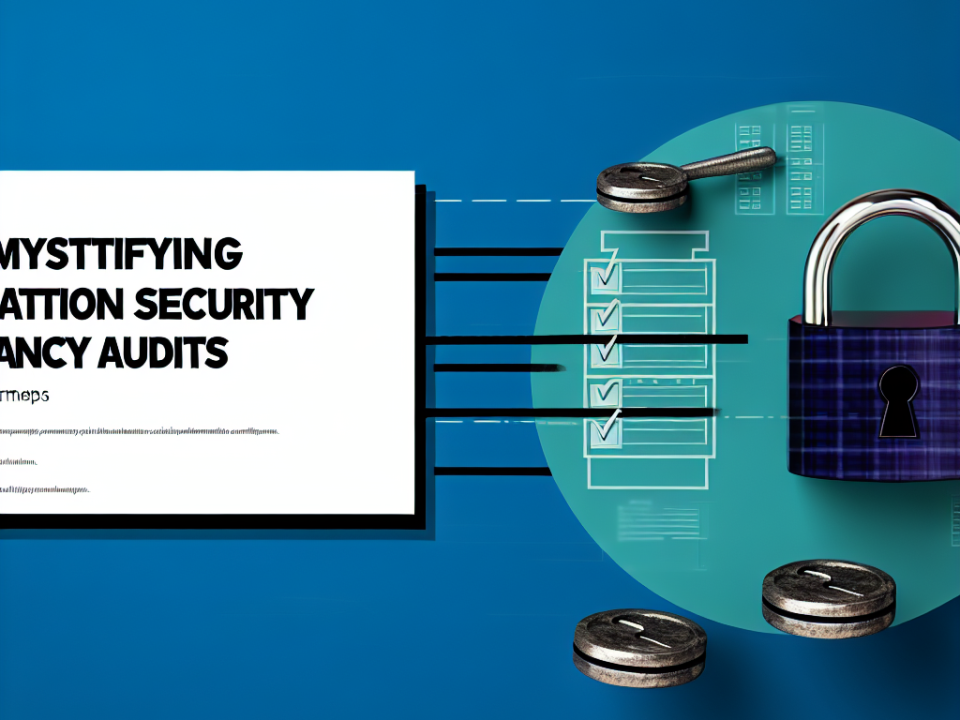
Navigating the Cyber Landscape: Effective Strategies for Modern Organizations
August 19, 2025
Cybersecurity Blueprint: Key Elements of a Winning Strategy
August 20, 2025
As businesses increasingly embrace digital transformation, cybersecurity has become a paramount concern. In an era where data breaches and cyber threats are ubiquitous, compliance with regulatory frameworks is not just a legal obligation but also a cornerstone of trustworthy business practices. Here are five must-know regulations for cybersecurity compliance in 2023:
1. General Data Protection Regulation (GDPR)
Overview
The GDPR, enacted in 2018, remains one of the most stringent data protection laws in the world. It applies to any organization that processes or holds personal data of European Union (EU) citizens, regardless of the company’s location.
Key Requirements
- Data Subject Rights: Individuals have the right to access their data, correct inaccuracies, and request deletion.
- Consent: Organizations must obtain explicit consent before processing personal data.
- Data Protection Officers (DPO): Many organizations are required to appoint a DPO to oversee GDPR compliance.
Implications
Non-compliance can lead to hefty fines, reaching up to €20 million or 4% of a company’s annual global turnover, whichever is higher. Businesses must implement rigorous data governance and security measures to ensure compliance.
2. Health Insurance Portability and Accountability Act (HIPAA)
Overview
HIPAA governs the handling of protected health information (PHI) in the United States. It sets standards for safeguarding patient data in the healthcare sector, affecting healthcare providers, insurers, and their business associates.
Key Requirements
- Privacy Rule: Establishes national standards for the protection of PHI.
- Security Rule: Mandates administrative, physical, and technical safeguards to ensure the confidentiality and integrity of electronic PHI (ePHI).
- Breach Notification Rule: Requires organizations to notify patients and authorities in the event of a data breach.
Implications
Violations can result in civil and criminal penalties, making it essential for healthcare organizations to execute comprehensive risk assessments and data protection strategies.
3. Federal Information Security Management Act (FISMA)
Overview
FISMA is a United States federal law that requires federal agencies and contractors to secure their information and information systems. This includes a comprehensive risk management approach to cybersecurity.
Key Requirements
- Risk Assessment: Agencies must conduct assessments to identify potential security risks and vulnerabilities.
- Continuous Monitoring: Implementation of continuous security monitoring and assessment of information systems.
- Compliance Reporting: Regular reports to the Office of Management and Budget (OMB) regarding compliance status.
Implications
Failure to comply not only compromises federal data but may also lead to loss of federal funding and support, emphasizing the importance of a robust security framework among federal agencies and their partners.
4. Payment Card Industry Data Security Standard (PCI DSS)
Overview
The PCI DSS is a set of security standards designed to ensure that companies that accept, process, store, or transmit credit card information maintain a secure environment.
Key Requirements
- Build and Maintain a Secure Network: Implementation of firewalls, encryption, and secure passwords.
- Regular Security Testing: Requires regular testing of security systems and processes vulnerability assessments.
- Monitor and Test Networks: Organizations must track and monitor all access to network resources and payment card information.
Implications
Non-compliance can result in severe penalties, including fines and increased security requirements. Ensuring PCI DSS compliance enhances consumer trust and mitigates the risk of financial fraud.
5. Cybersecurity Maturity Model Certification (CMMC)
Overview
The CMMC is a refined approach to cybersecurity compliance for U.S. Department of Defense (DoD) contractors, introduced to standardize the security of sensitive defense data.
Key Requirements
- Maturity Levels: The model includes multiple maturity levels (from Level 1 to Level 5), with each level containing a set of specific practices.
- Third-Party Assessment: Rather than self-assessment, CMMC mandates third-party audits to verify compliance.
- Continuous Improvement: Provides a framework for organizations to enhance their cybersecurity posture over time.
Implications
CMMC compliance is crucial for organizations bidding on DoD contracts. Failure to meet these standards could result in disqualification from potential business opportunities.
Conclusion
In today’s interconnected world, navigating the landscape of cybersecurity regulations is critical for businesses of all sizes. Understanding and complying with these regulations not only safeguard against data breaches and legal repercussions but also foster trust among customers and partners. As the cyber threat landscape evolves, staying informed about compliance requirements will help organizations protect their data and maintain their reputation in a digitally-driven society.







